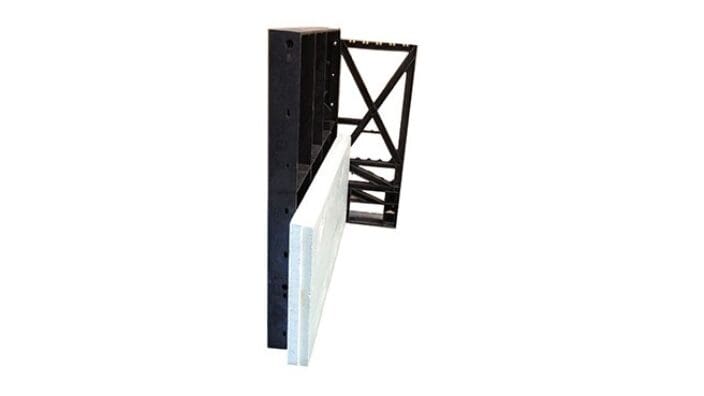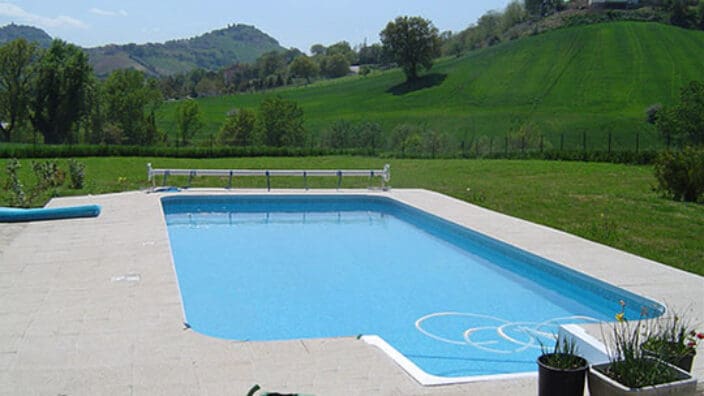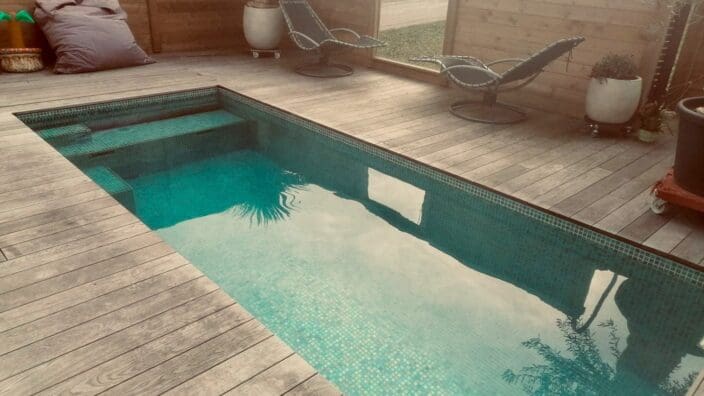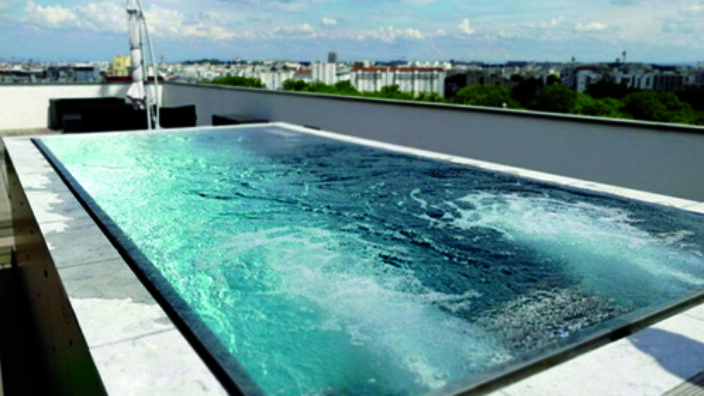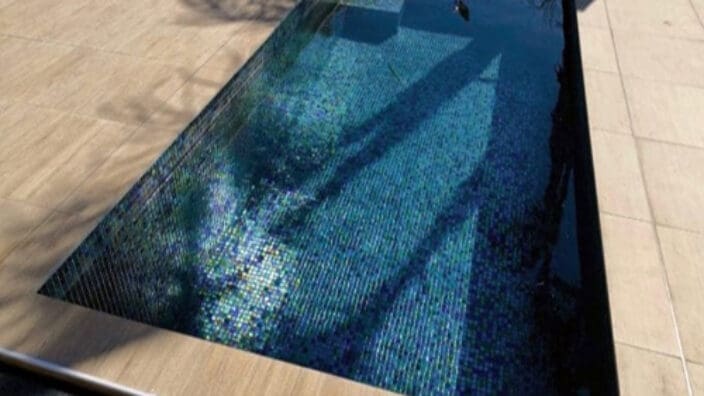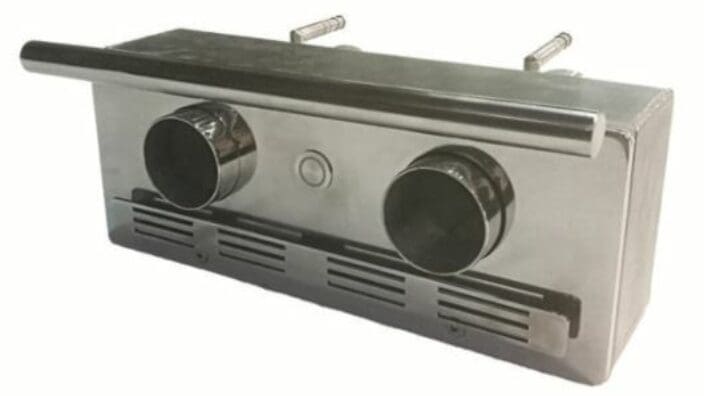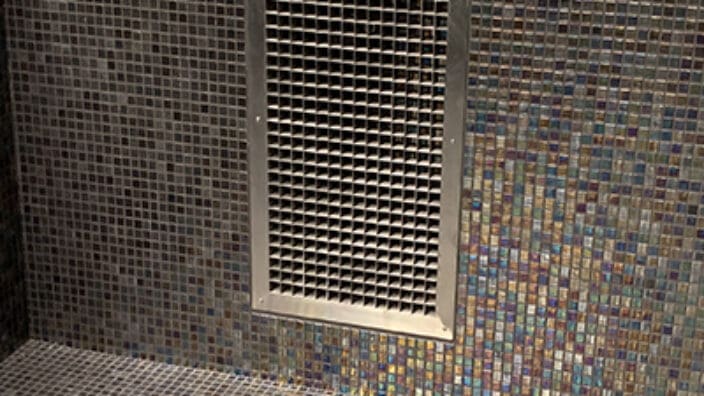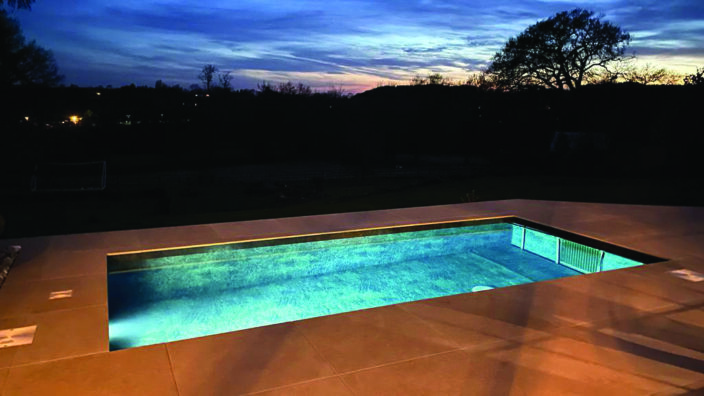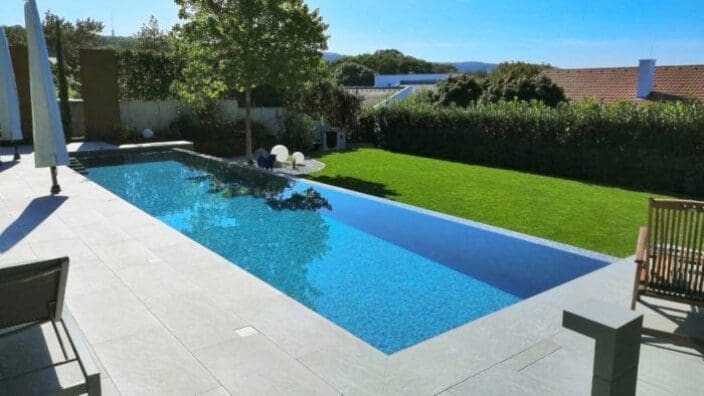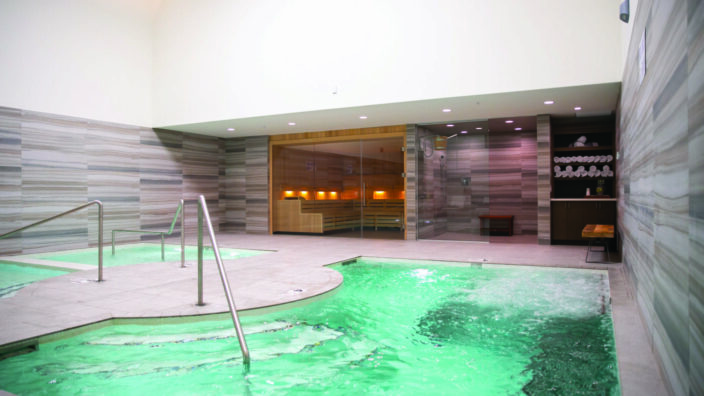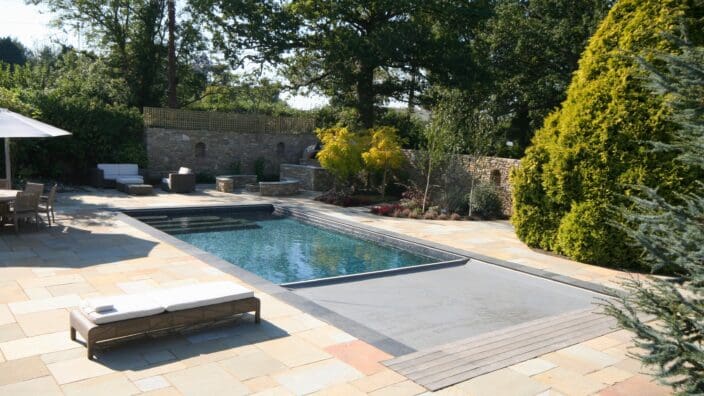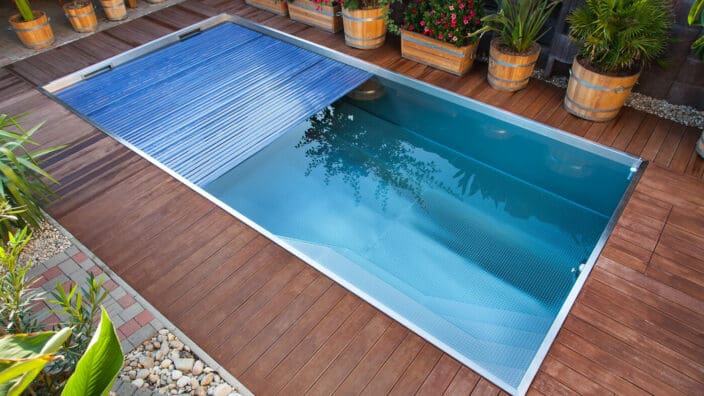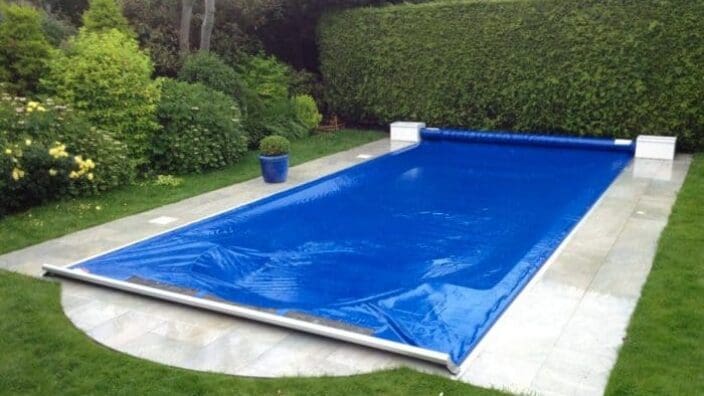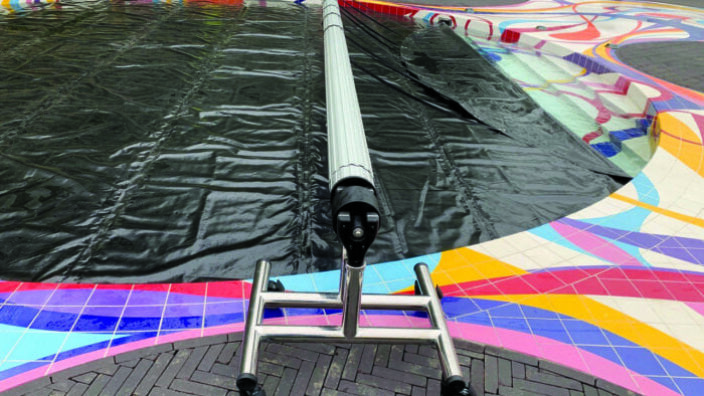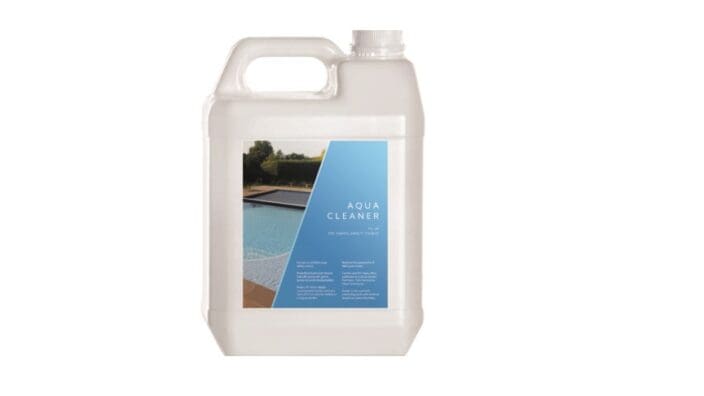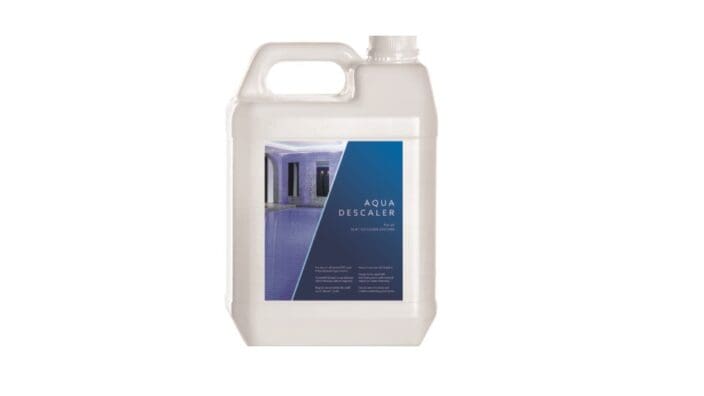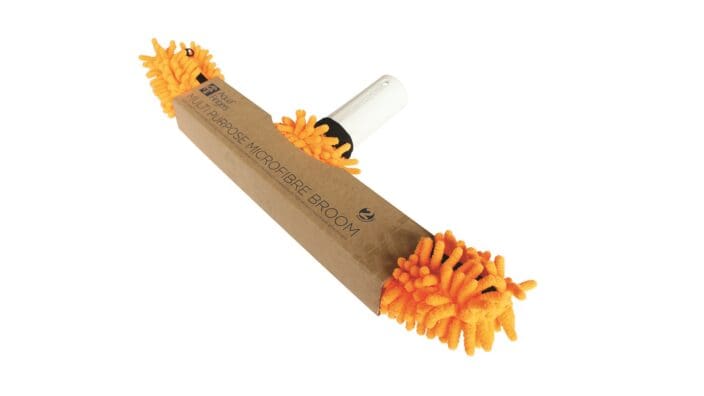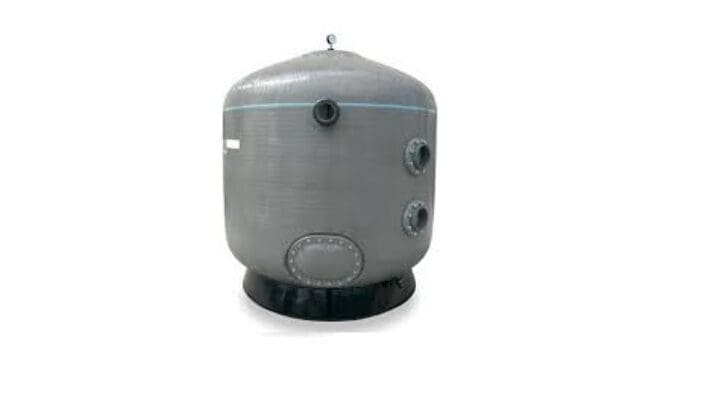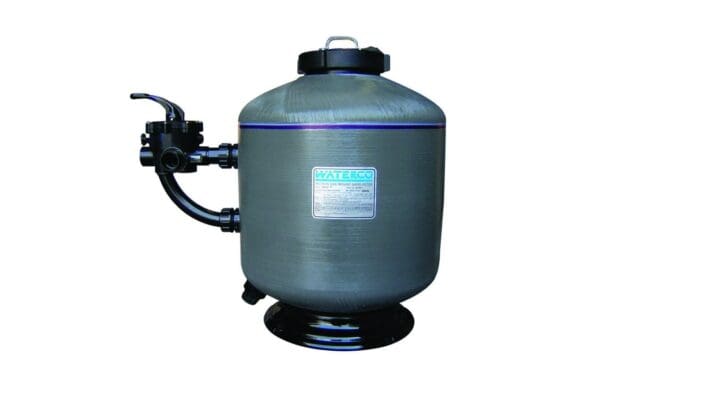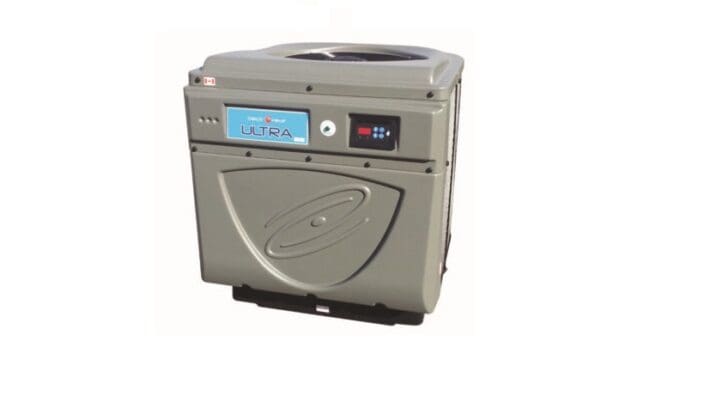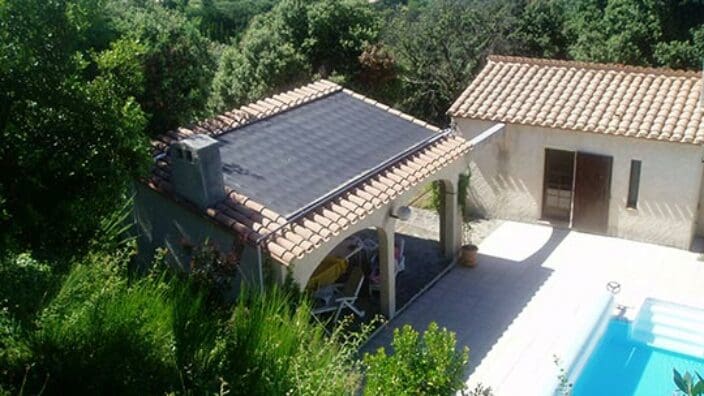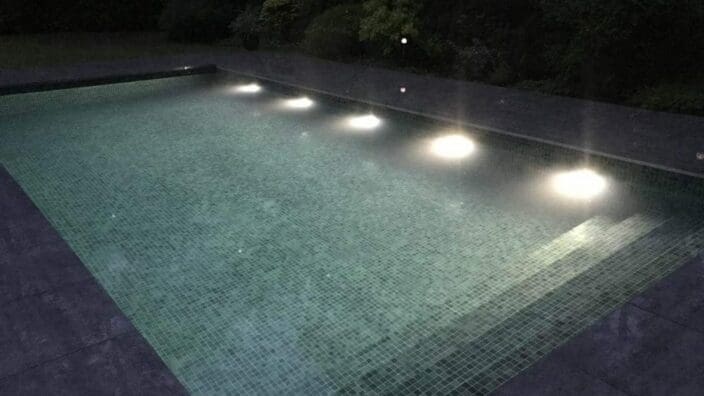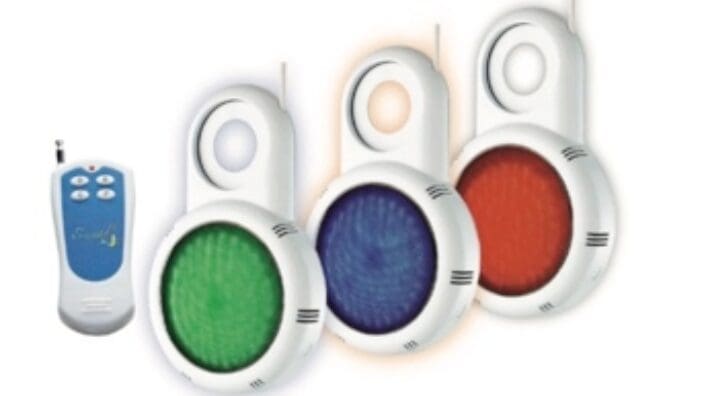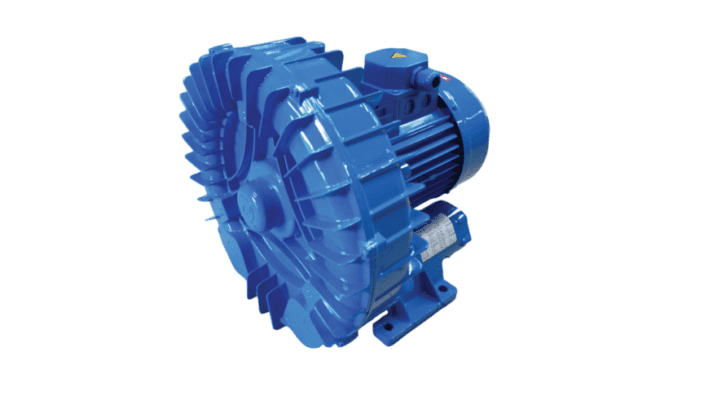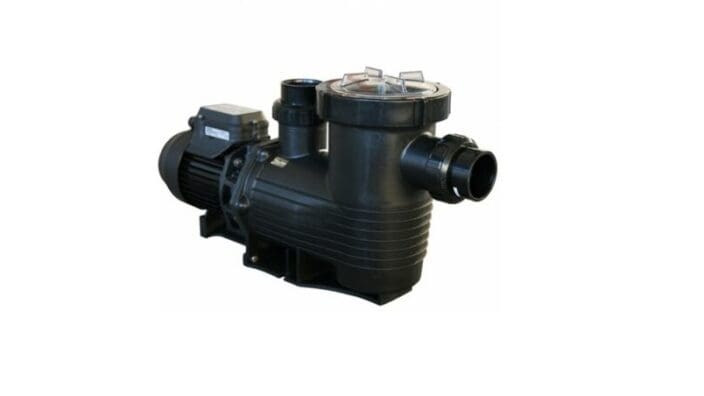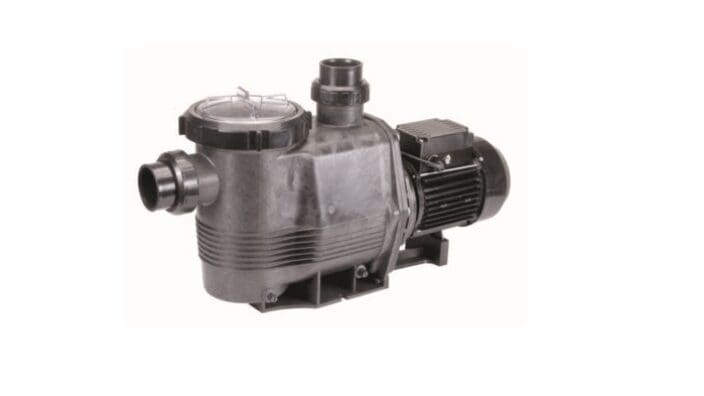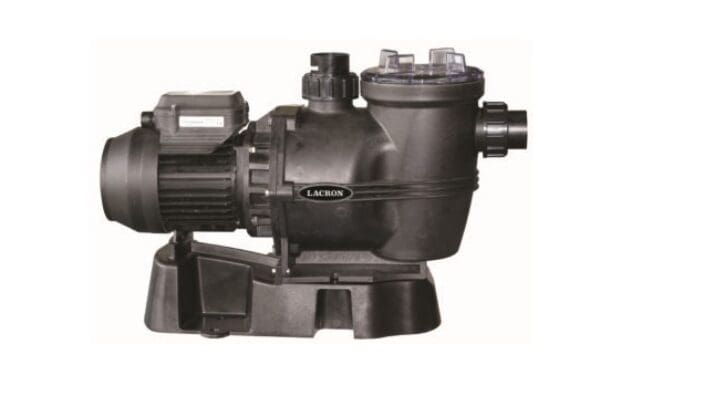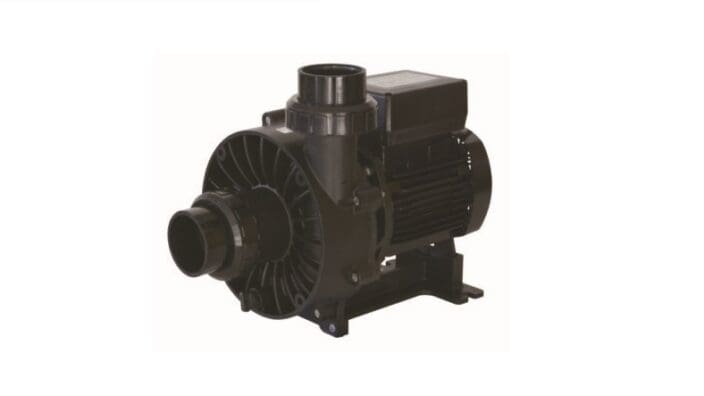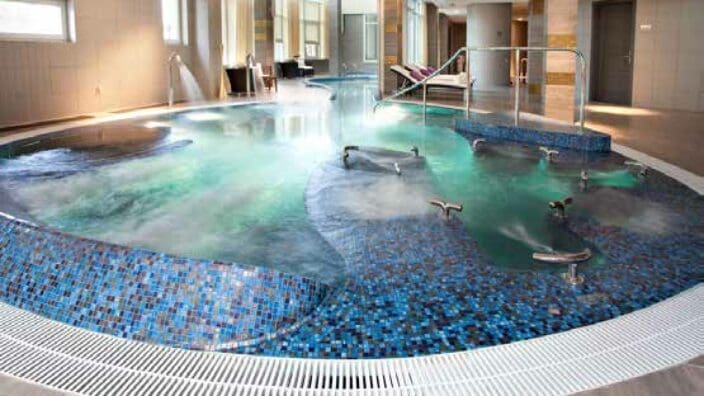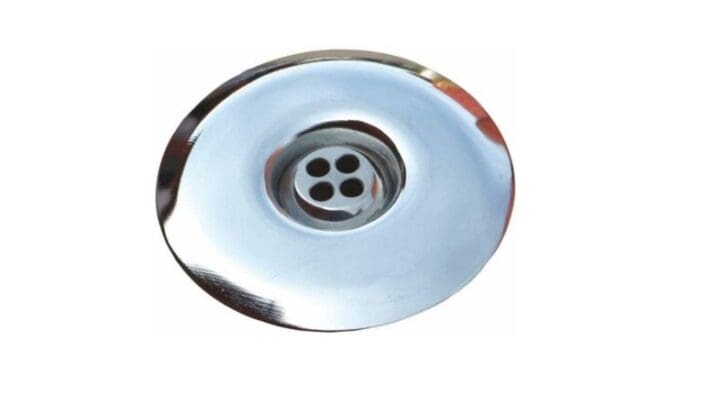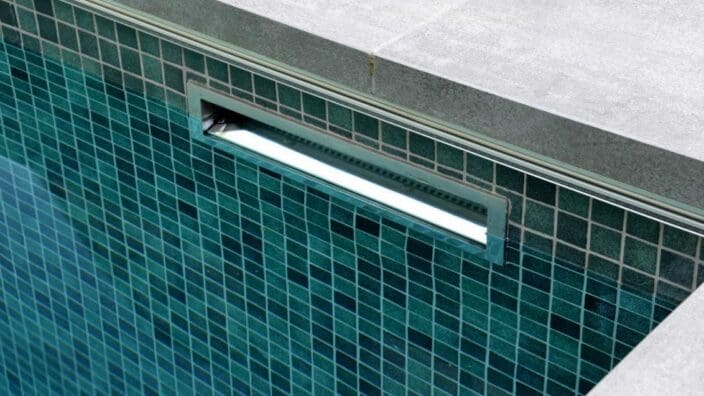Swimming Pool Pumps
The pump is the heart of your pool’s filtration system; without it, your pool would lose its sparkle and soon turn green.
Choosing the right pump for your pool will ensure you experience fewer problems and more efficient energy use and running costs, not to mention better pool water clarity.
Whether you’re after a pump for a new pool or a replacement pump for an existing pool, Paramount Pools can provide an energy-efficient pump for the job.
We are proud to be associated with and provide Waterco pumps. Waterco pumps – Incorporating the latest technology to deliver the right combination of performance and energy savings, Waterco’s pumps are reliable and built to the highest standards.
Whether you’re in need of a pump for a new pool project or seeking a replacement for an existing setup, Paramount Pools is your trusted source for premium swimming pool equipment, including state-of-the-art pumps from Waterco.
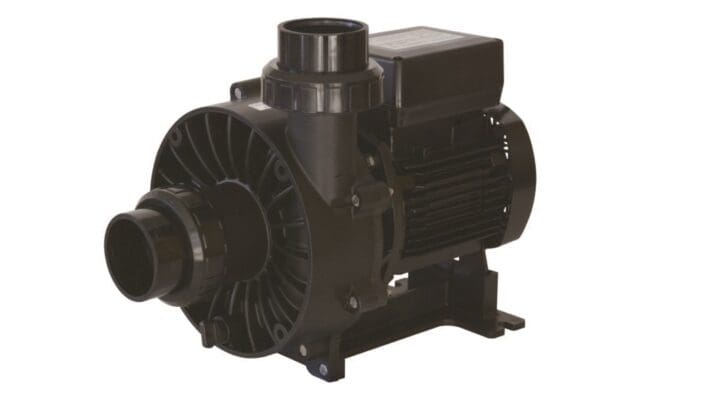
Turbo Spa Pump
From £740.34
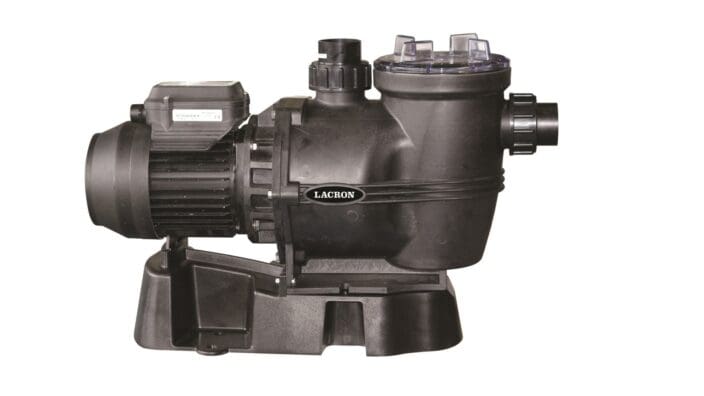
Lacronite Swimming Pool Pump
From £814.06
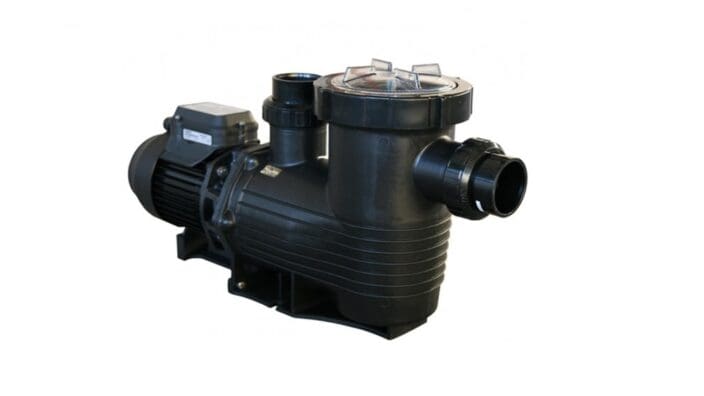
Hydrotuf Swimming Pool Pump
From £903.44
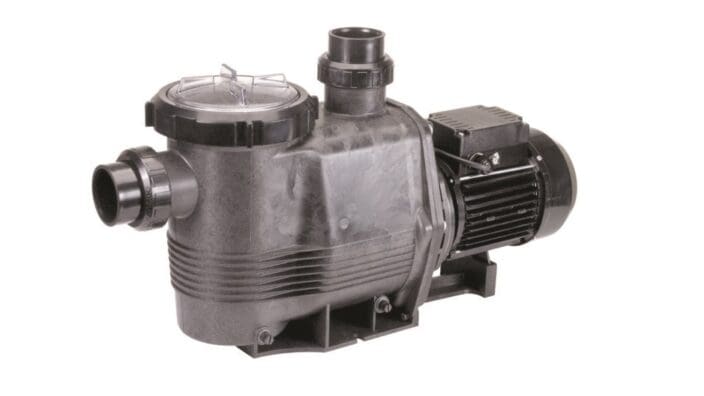
Hydrostorm Plus Swimming Pool Pump
From £875.64

Aquamite Swimming Pool Pump
From £495.34
